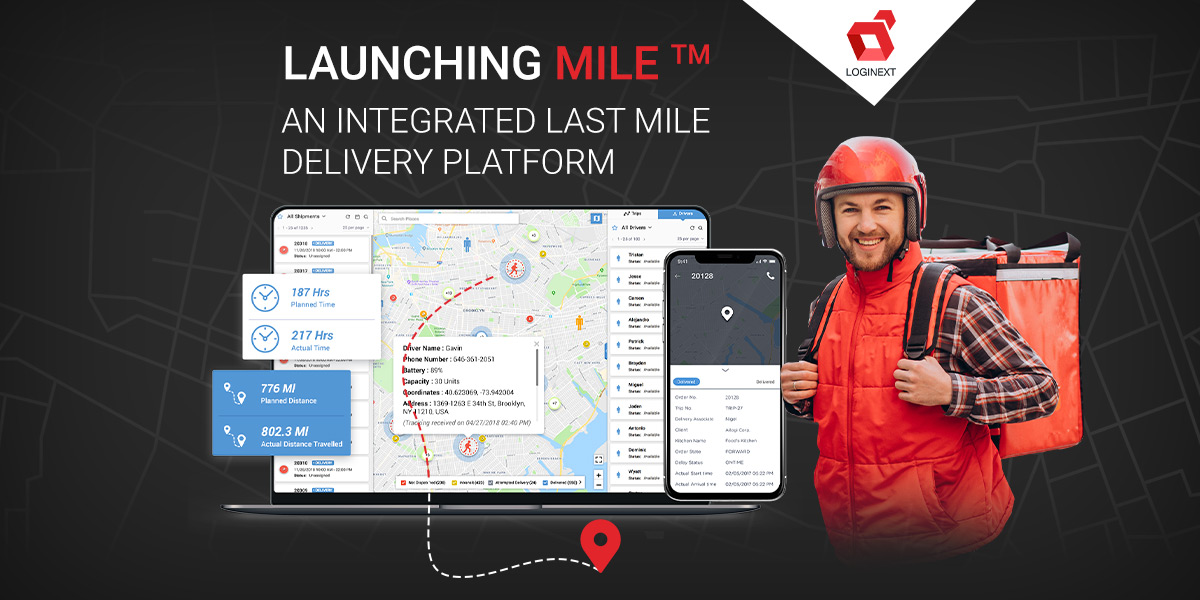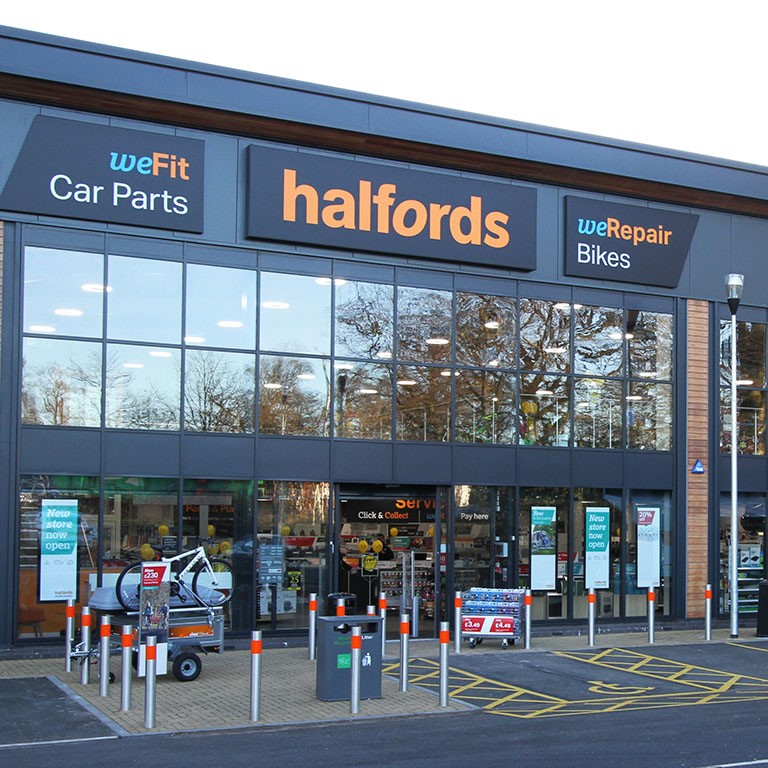Kite Packaging has been committed to protecting the environment since its founding in 2001. Stocking specialist enviro-products, establishing a Compliance Scheme to help companies to fund their recycling of plastic waste in the UK, and launching a Plastic Reduction Campaign in 2019, achieving carbon neutrality was the natural next step.
Inherent within Kite’s business model is the idea of wanting clients to be successful. By using less packaging, reducing costs and elevating their environmental consciousness, the business will naturally benefit. Shopping with a carbon neutral supplier strongly supports this approach toward growth.
As a largescale logistics operation, Kite had two main carbon contributors: fuel and energy. Firstly, the company offsets its truck fuel at source, bringing its carbon footprint in this category to zero. As an ISO14001 accredited company, energy consumption was already being strategically reduced, though to achieve carbon neutrality it initiated a move toward renewable tariffs utilising wind, wave or solar energy.
Carbon Neutral Britain verified this achievement in 2021 and neutralised the carbon that was not offset at source using Verified Carbon Credits.
Constant growth and development is at the heart of Kite’s culture; the upcoming movement into a new state-of-the-art site will make the business capable of championing further eco-friendly initiatives with uncapped creativity.
The building will be entirely carbon neutral through solar technology, with the potential to be carbon negative.











